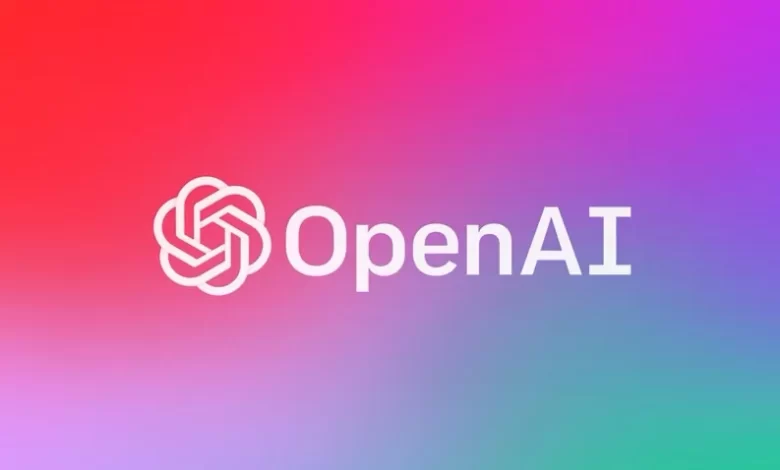Christian educators: Don’t be afraid of ChatGPT
(RNS) — It’s the dream of many procrastinating American high school or college students — an essay fairy. A student types a prompt into a website about Shakespeare’s “King Lear” — and in about 20 seconds, out pops an entire composition, with introduction, supporting arguments and a conclusion. The complete essay with original text is ready for further revisions or can be turned in as-is. And if you don’t like the first answer, you can ask for another.
It may sound far-fetched, but that’s exactly what’s happening today, thanks to the online platform ChatGPT.
Generative Pre-trained Transformer technology hit the hallways of high schools and college campuses in the late fall of 2022, and it’s truly the newest trend. ChatGPT can write essays on nearly every subject imaginable, emulating human writing style and credible content. It can write from various perspectives and in multiple voices. It can even write in the first person or as if it were a historical figure.
ChatGPT foreshadows the world humans are coming to inhabit and share with machines. As such technology becomes more widespread, Christian higher education institutions must consider the implications of these powerful tools, practically and theologically. When new technologies touch the work of our students, our faculty and the communities we seek to serve so profoundly, it’s incumbent on us to lead the way — practically, as thought leaders, and, most importantly, as Christians called to be God’s redeemed people and agents of redemption in the world.
So while passing off ChatGPT as original work may be no different from any other form of cheating, at Calvin we also consider it an opportunity to help students discern the difference between the easy path and the value of developing their own writing and critical thinking skills.
In that spirit, a language professor at Calvin University recently asked her class to use ChatGPT to generate an autobiography in the foreign language they were studying using only keywords and specific data inputs. She also asked them to write their own and compare the two — the human writing and the AI-generated output.

OpenAI logo. Courtesy image
What the software came up with was both linguistically beautiful and accurate in detail, a mirror into which the students could gaze and learn about the language and themselves.
But it also brought them face to face with the choice about the kind of person they want to become. A student tempted to submit a piece written by ChatGPT as their own can practice truth-telling or deceit. Faced with that choice, the student is learning something far more important than the content of their paper; they’re shaping the content of their character. Like any emerging technology, it causes us to wrestle with issues of the heart.
That’s what makes Christian education so precious. Students at Christian institutions will grow in knowledge during their time at our schools. But it’s more important that they be shaped by a community that pursues truth, cherishes integrity and treats God’s creation, including new technologies, with curiosity, wonder and discernment. Who they become is more important than what they know or the grade received.
By focusing on this aspect of their development, we’re future-proofing their education and their faith. A chatbot may be able to write a memo for them at work, but it won’t be able to act as Christ’s agents of renewal in the world through uncommon honesty and uncompromising integrity. As the Book of Proverbs reminds us, “Whoever walks in integrity walks securely.”
These issues will only become more complex and demanding as artificial intelligence advances. Our faculty and staff are actively thinking about liminal realities created by Meta’s Oculus, art generated by DALL-E and recreation in the context of E-Sports. How do we engage with these advances as Christians? How do we courageously apply our faith to both the problems and opportunities that arise as the lines blur between the human experience and the technological one? What can we learn about our relationship with God and each other?
There’s an irony in the fact that ChatGPT, in forcing us to explore our relationships with human-like machines, also gives us the chance to explore our human selves. As students are faced with an increasingly complex landscape of technological challenges, we as Christian educators must shoulder the burden with them, provide space for discussion and walk alongside them as they consider the implications on their faith. It’s what God has called us to do.
(Brian Paige is vice president and chief information officer at Calvin University and teaches in the department of computer science. The views expressed in this commentary do not necessarily reflect those of Religion News Service.)
Religion
via Religion News Service https://ift.tt/QsCSbyc
January 20, 2023 at 11:38PM